Ireland to introduce credit card and whistle-to-whistle bans this year
A ban on gambling-related transactions made by credit card will come into force in Ireland by the end of this year, as well as a pre-watershed ‘whistle-to-whistle’ ban on advertising shown during sports matches.

A ban on gambling-related transactions made by credit card will come into force in Ireland by the end of this year, as well as a pre-watershed ‘whistle-to-whistle’ ban on advertising shown during sports matches.
Gambling operators across the country will be obliged to comply with the changes introduced by the Irish Bookmakers Association (IBA) as part of its updated code of conduct.
While a few gambling operators like Flutter have already committed to banning credit card transactions, the latest changes will make it a legal requirement for all operators to ban them by the end of this year, both online and at land-based sites. A similar ban introduced by the UK Gambling Commission came into force last April.
The ‘whistle-to-whistle’ ban on gambling advertising will mean that adverts will be suspended from five minutes before the start of a sports match to five minutes afterwards for any match played before 9pm. Horse and greyhound racing will be exempt from the ban.
Commenting on the proposed bans, chair of the IBA Sharon Byrne said, ‘We recognise that there is a need for the industry to continue to develop the highest standards for safer gambling. We believe, in particular, that the credit card and the “whistle-to-whistle” advertising restrictions are significant steps on that path.’
Unlike the UK with its Gambling Commission, Ireland does not yet have a gambling regulator. In the absence of such a body, Byrne said, the introduction of the IBA’s updated code of conduct helped to lay the foundations for a proper regulatory framework: ‘This code is not the answer to problem gambling and we believe there is more that can be done within the forum provided by a regulator. However, we believe that these measures continue the journey the industry has been on in recent years, to ensure standards are increased for all.’
Legislation approving the introduction of a regulatory body was passed in 2019 but subsequent bills still need to be passed in order to finalise its creation.
The Irish government will be hoping to achieve similar results to those brought about by the whistle-to-whistle ban in the UK. Data from August 2020 showed that the total exposure to gambling adverts since the ban’s introduction had decreased by 70%, with the number of ads seen by children decreasing by 97%. Earlier this year, the number of gambling adverts shown during coverage of Euro 2020 fell by around half.





